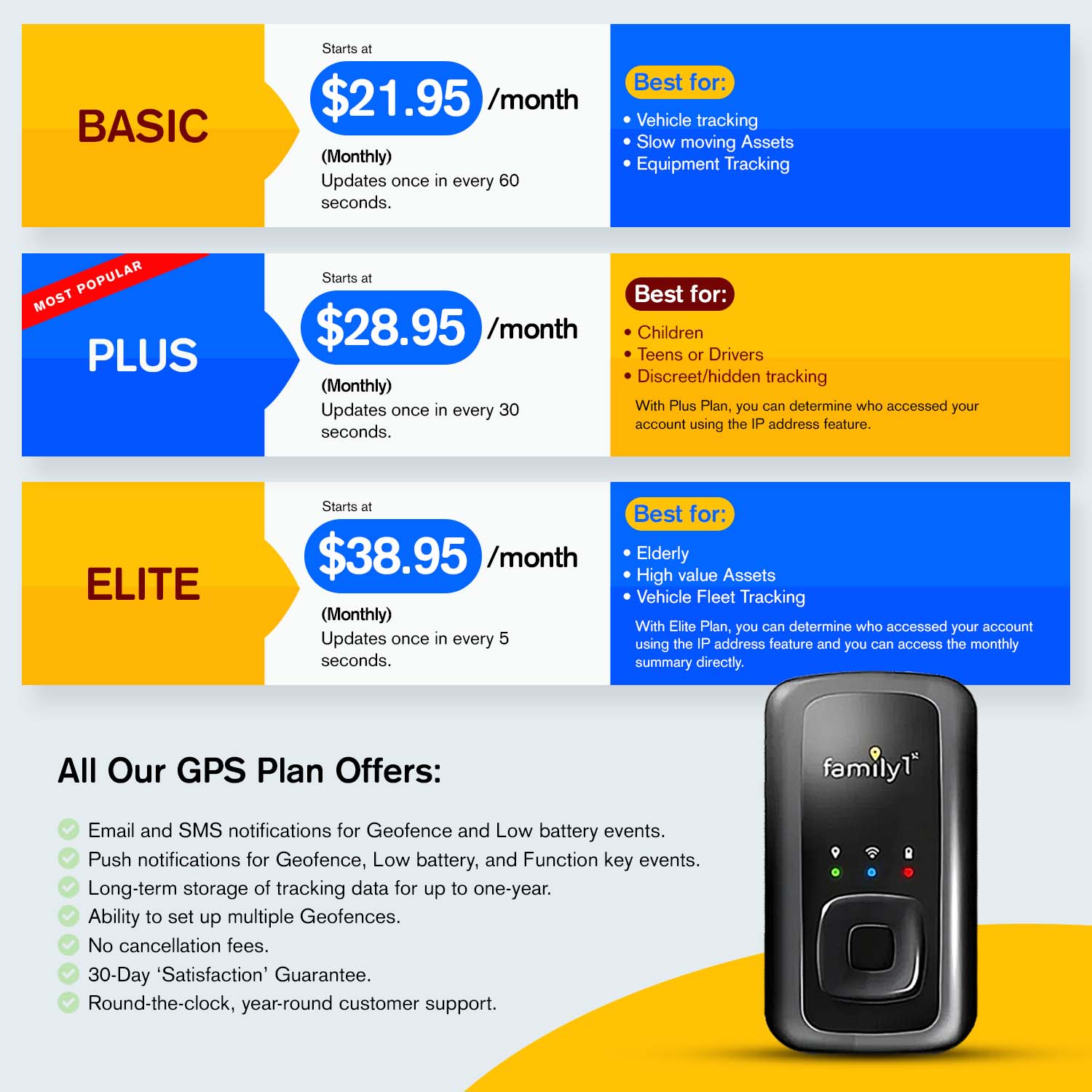Benefits of GPS tracking include improved security, reduced costs, and better efficiency by preventing theft, optimizing routes, and lowering fuel consumption. It helps businesses track vehicles, monitor drivers, and improve delivery accuracy.
It also enhances safety, compliance, and sustainability by enforcing responsible driving, reducing emissions, and improving operational efficiency across industries. GPS tracking remains a key tool for better management and decision-making.
8 Benefits of GPS Tracking
1. Enhanced Security and Theft Prevention
GPS tracking provides a powerful security layer by enabling real-time location monitoring. If a vehicle, piece of equipment, or asset is stolen, tracking allows for fast recovery, reducing financial losses.
Geofencing technology lets users set virtual boundaries, triggering alerts when an asset moves outside a designated area. This prevents unauthorized use and ensures businesses and individuals keep their valuable assets secure.
2. Improved Fleet Management and Logistics
Businesses use GPS tracking to monitor vehicle movement, optimize routes, and ensure efficient deliveries. With real-time tracking, fleet managers can make informed decisions to improve operations.
By analyzing travel data, companies reduce fuel consumption and enhance delivery accuracy. GPS tracking also ensures that dispatching is more efficient by assigning the nearest available vehicle to minimize delays.
3. Increased Employee Productivity
GPS tracking helps businesses monitor employee movement and ensure that field workers follow designated routes. This eliminates unproductive time and increases accountability across operations.
With precise location tracking, businesses allocate resources more efficiently, reducing downtime. Employees benefit from improved route planning, which reduces travel time and workload stress.
4. Lower Operational Costs
One of the biggest advantages of GPS tracking is cost reduction through smarter resource management. By monitoring driver behavior, businesses reduce excessive idling, harsh braking, and fuel wastage.
Scheduled maintenance alerts prevent unexpected vehicle breakdowns, saving on costly repairs. Additionally, insurance companies offer lower premiums for GPS-equipped vehicles, further reducing expenses.
5. Enhanced Customer Service and Satisfaction
GPS tracking improves customer experience by providing accurate delivery updates and faster service dispatching. Customers receive real-time tracking updates, improving trust and satisfaction.
For service-based businesses, quick response times are crucial. GPS tracking allows companies to assign the nearest technician or driver, ensuring prompt service and a seamless customer experience.
6. Better Driver Safety and Compliance
GPS tracking helps enforce safe driving habits by monitoring speed, braking patterns, and route adherence. This allows businesses to address risky driving behavior and improve overall road safety.
Companies also ensure that drivers comply with legal driving hours and rest breaks, reducing fatigue-related accidents. GPS tracking significantly lowers accident risks and helps maintain compliance with road safety regulations.
7. Environmental Sustainability and Reduced Carbon Footprint
GPS tracking contributes to a greener environment by reducing fuel consumption and minimizing unnecessary vehicle usage. Route optimization ensures drivers take the most efficient path, lowering emissions.
By promoting eco-friendly driving habits, businesses reduce their environmental impact while cutting costs. Minimizing idling time and unnecessary fuel consumption helps create a more sustainable transportation system.
8. Versatile Applications Across Multiple Industries
GPS tracking is widely used in logistics, construction, healthcare, and emergency services. Businesses rely on it for asset tracking, fleet management, and security monitoring.
Emergency responders use GPS to dispatch the nearest ambulance, fire truck, or police unit, reducing response times. In agriculture and construction, equipment tracking enhances productivity and prevents unauthorized usage.
Conclusion
GPS tracking is more than just a location tool—it’s a powerful solution for improving security, efficiency, and cost management. Whether for personal use or business operations, it offers real-time insights that lead to better decision-making.
By investing in GPS tracking technology, individuals and businesses enhance productivity, reduce risks, and improve service quality. As technology advances, GPS tracking will continue to evolve, making it an essential tool in various industries.





